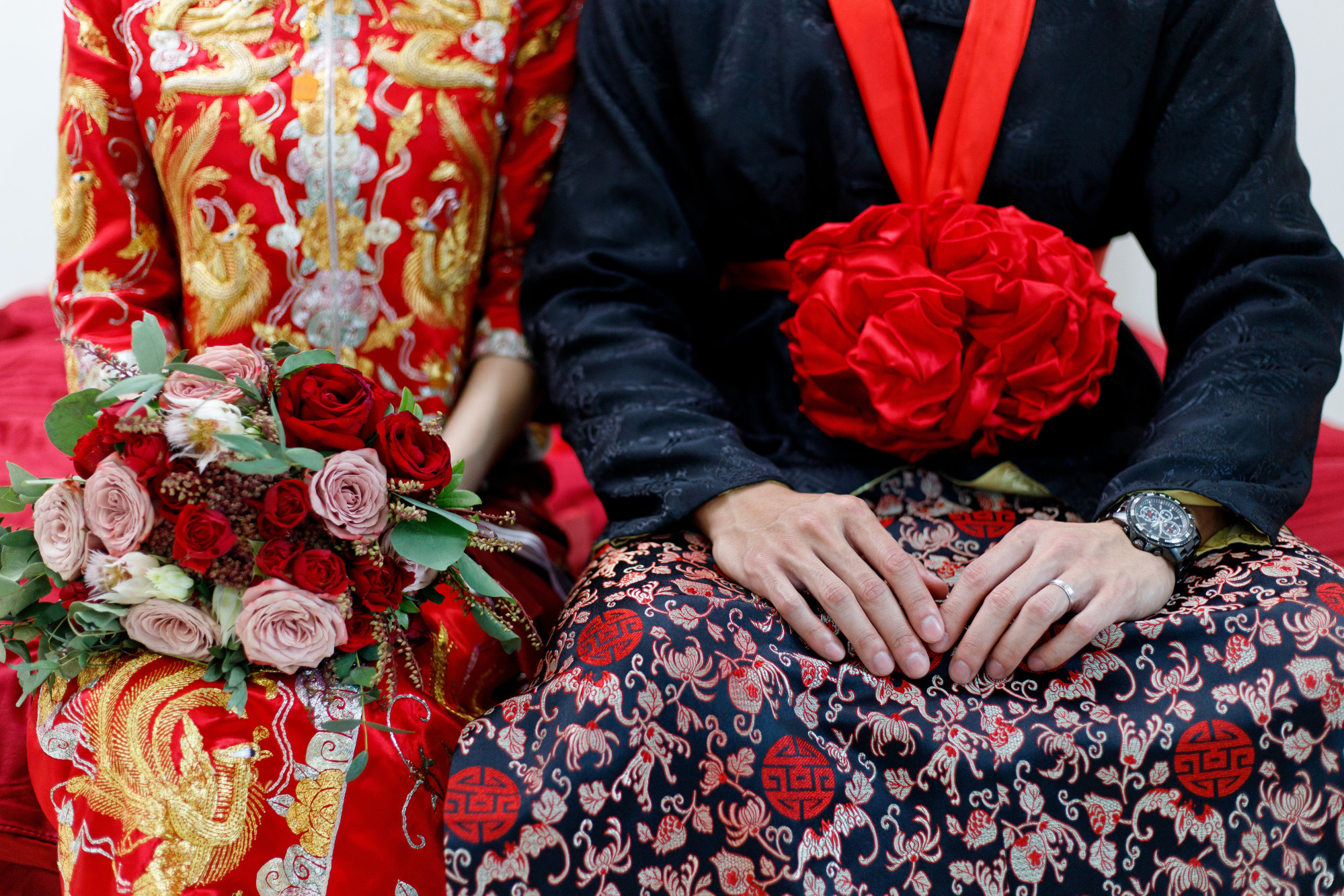
‘Two-headed marriages’ in China abandon bride prices, dowries and children taking name of father as tradition ditched for modern practicality
- New approach to marriage seeks gender equality and commitment to have two children
- Traditions like bride prices, dowries, children taking surname of father and the ‘domesticated’ women are also being abandoned
A novel relationship trend known as “two-headed marriage”, or liang tou hun, has emerged in China in response to changing social dynamics and the growing number of single-child families.
The evolving marriage process has two core features: no bride price or dowry and a prior agreement between both parties to have two children, with one child taking the father’s surname and the other that of the mother.
Expenses for housing, vehicles and other living costs are shared, each spouse is responsible for the care of their own parents and must take turns visiting both sides of the family during major holidays.

The new arrangements contrast sharply with conventional Chinese marriage customs, which typically involve a woman becoming part of her husband’s family upon marriage, where she is seen primarily as a bearer of children.
Other traditional marriage practices being abandoned include the husband and his family paying a bride price to his new wife’s family and children adopting the father’s surname.
Others being ditched include women taking on all household and childcare responsibilities and holiday visits being predominantly to the husband’s family.
Similar versions of these approaches can be traced back to the Ming (1368-1644) and Qing (1644-1912) dynasties, particularly in regions such as Jiangsu, Zhejiang, and Shanghai, all in eastern China.
In Zhejiang, this practice was known as liang tou xiang huo, which means “extending the family line from both ends”, symbolising the continuation of family lineage without gender distinction.
According to the mainland news outlet The Paper, Zhejiang’s economic prosperity has heightened concerns around property inheritance and distribution in families lacking male descendants, especially after the implementation of China’s previous one-child policy.
As a consequence, “two-headed marriage” became a natural choice for these families.
In recent years, the new approach has rapidly expanded across China and is being widely adopted by the younger generation.
The change is also propelled by the fact that within the context of over 180 million single-child families, there is an increasing need for single-child adults to provide care for their parents, making the traditional expectation that women will primarily care for their husband’s family unworkable.
Also, the escalating cost of living and raising a family and the fast pace of modern working life require financial support and childcare help from the parents of both partners in these new family structures.
However, public opinion is split over the new approach. Many acknowledge its prevalence in their hometowns but perceive it as further diminishing the status of women rather than leading to more equality.

One online observer said: “This is outrageous. Having two children, each with a different surname, how is this different from legally obtaining free surrogacy?”
While another commented: “Women risk their lives to have two children, giving one to the groom’s family and having one only for themselves. There is no compensation for childbirth injuries or workplace discrimination. To think this is fair is a truly unique perspective.”
“This is all about the surname inheritance needs of single-child families. The narrative remains patriarchal. It is simply an old idea in a new bottle,” another remarked.

